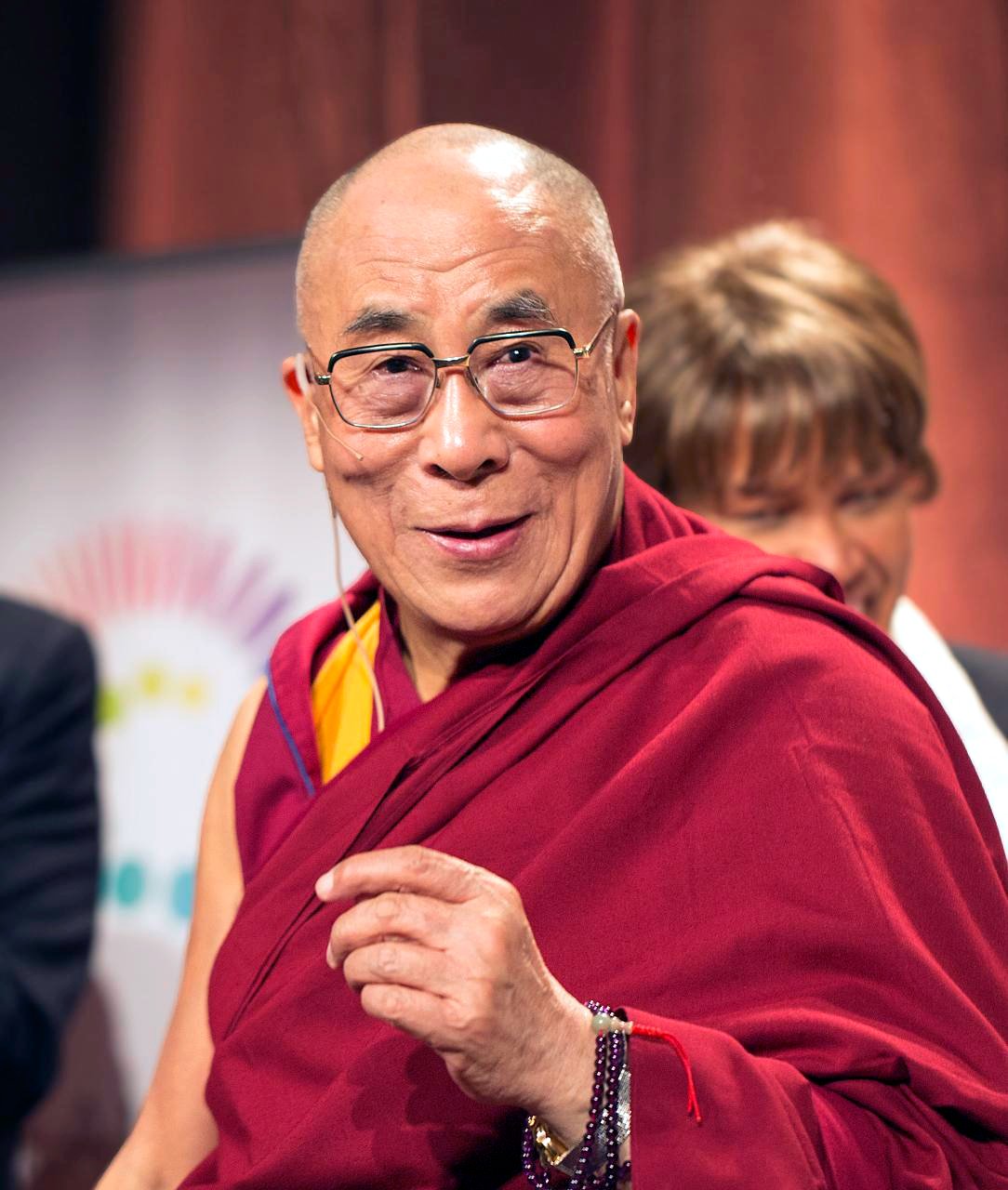Furthermore, the Supreme Court has issued orders concerning two separate cases. First, regarding the film “The Kerala Story,” the Court has stayed the ban imposed by the West Bengal government on its screening in the state. A bench comprising Chief Justice of India DY Chandrachud, Justices PS Narasimha, JB Pardiwala, and JB Pardiwala ordered the State of Tamil Nadu to ensure the security of theaters and also stayed the ban imposed by West Bengal.
The Court found the prohibition order issued by West Bengal on May 8, under Section 6(1) of the West Bengal Cinemas Regulation Act, to be legally untenable based on the presented evidence. Thus, the Court ruled to stay the ban on the film.
Regarding Tamil Nadu, the Court acknowledged the state’s claim that there has been no direct or indirect prohibition on the film’s screening. The Court directed the provision of adequate security to all movie theaters and emphasized that no measures, explicit or implied, should be taken to prevent the screening of the film.
Of significance, the Court has instructed the film’s creators to include a disclaimer by May 20, 5 p.m., stating that the film is a fictionalized account of the depicted events and that there is no evidence supporting the claim of 32,000 women converting to Islam.
Regarding the challenge to the certification of the film by the Central Board of Film Certification (CBFC), the Court stated that the matter would be scheduled for after the summer break, as the Court needs to view the film before making a ruling.
“The appeal against the final judgment of the Madras High Court challenging the CBFC certification will be listed after the vacation. We have to see the film. We will do that,” stated the bench.
“The Kerala Story” is a Hindi film that portrays a group of Keralan women joining ISIS.
Even before its release on May 5, the film had faced criticism from various quarters. The ruling CPI(M) and the opposition Congress party in Kerala alleged that it is a right-wing propaganda film promoting a false narrative and an agenda.
The Supreme Court bench heard two petitions. The first one challenged the order issued by the Kerala High Court on May 5, which refused to halt the film’s release or remove its trailer and other clips. The second petition was filed by the film’s producers, challenging the West Bengal government’s ban on the film.
During the hearing, Senior Advocate Harish Salve, representing the filmmakers and countering West Bengal’s argument, stated that the ban was based on the opinion of thirteen Intelligence Bureau (IB) officers claiming that the film would lead to a law and order situation in the state. He argued that art should be provocative and that maintaining law and order is the responsibility of the state, emphasizing that the fear of disturbance to law and order is not a valid reason to ban the film.
In response to Tamil Nadu’s claim that theater owners had stopped screening the film due to poor reception, Salve refuted the claim by stating that the film had gained attention through word-of-mouth.
Salve sought an injunction against the ban in West Bengal and requested security to be provided in theaters in Tamil Nadu, urging that no formal or informal instructions be given to prevent the film’s screening.
The West Bengal government, represented by senior counsel Abhishek Manu Singhvi, requested that the filmmakers add a disclaimer stating that the film is a work of fiction. He clarified that the issue was not with the film’s streaming on OTT platforms but with its public exhibition and viewing.
Senior Advocate Gopal Sankaranarayanan, representing the West Bengal Police, stated that the state would not object if the filmmakers clarified that the film is fictitious and based on witness statements from only three individuals, rather than 32,000.
Salve responded by affirming that the filmmakers would include a disclaimer stating that there is no authentic data supporting the claim of 32,000 conversions and that the events depicted in the film are fictional.
Senior Counsel Huzefa Ahmadi argued on behalf of the petitioners, highlighting that the damages caused by the film, while the court watches it, cannot be remedied. He requested that the court examine the prejudice caused by the film and screen it over the weekend, followed by a single hearing to determine further actions.
He stated, “These propaganda films foster bias, resulting in ghettoization. There is discrimination in the workplace, and the repercussions are significant. People face difficulty finding rental houses. When observing restrictions under Article 19(2), fraternity must also be considered. Please view the film over the weekend and hold a single hearing to decide what can be done.”
The Solicitor General of India, Tushar Mehta, informed the court that no incidents of violence were reported following the nationwide release of the film. Consequently, he requested the court not to hear the appeal, considering it unprecedented.
Mehta added, “Nothing will change in one month. Films always portray the realities of society.”
On May 2, the Kerala High Court stated that petitions against such films would only provide unwarranted publicity. On May 4, the Madras High Court dismissed a public interest litigation (PIL) seeking a ban on the film.
Previously, the Supreme Court had declined to intervene in the film’s release or issue any orders to expedite the hearing of the case by the Kerala High Court.



